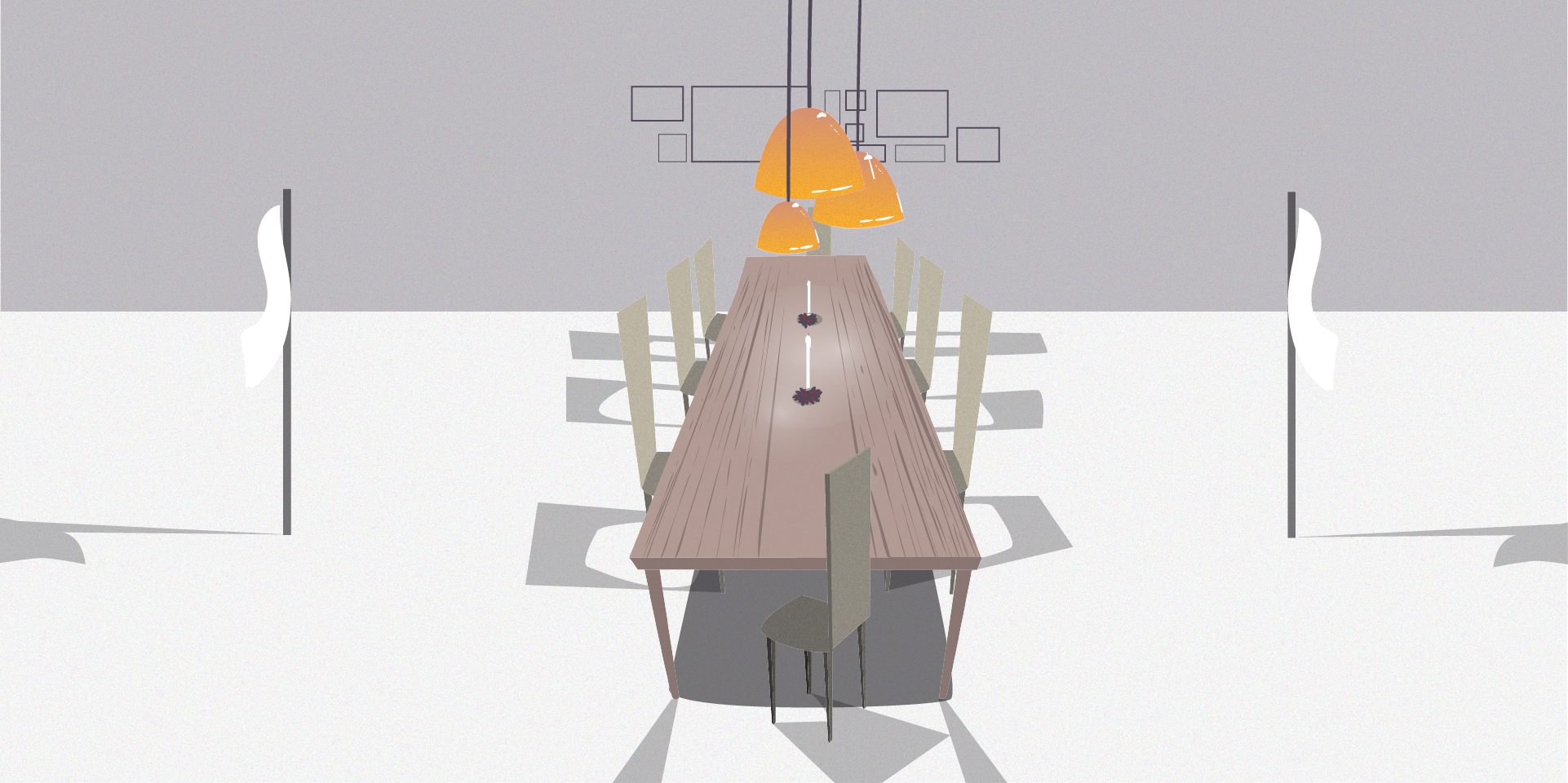It wasn’t even 24 hours after Trump’s presidential acceptance speech and my family had already been torn in two.
I got a call from my sister early afternoon on Nov. 9. She had just gotten off the phone with our parents, having asked if they voted for Donald Trump. They said yes, and because of that, she yelled at them for a few minutes and decided she wouldn’t be coming home to Birmingham, Alabama for Christmas this year.
She invited me to join her in San Francisco. I didn’t know what to say, being mildly surprised at my parents’ decision — but even more so by my sister’s. She asked me to think about it, so I ended the call and cried.
Missing Christmas is unprecedented in our household. Ever since my sister moved to the other side of the country six years ago, Christmas is usually the only time of the year she can leave school or work to come back home. This year the same applies to me for the first time since I left home to study at The New School. How would my parents feel if I asked them to cancel my plane ticket?
I know my parents voted Republican in the past two elections, but beyond that our family almost never discusses politics. I know my sister is liberal like me from context clues — last Christmas my dad mentioned at the dinner table that he liked Trump and my sister refused to even hear it. We quickly changed the subject and never discussed the election again.
Nationwide, 65 percent of Asian Americans voted for Hillary Clinton and 29 percent voted for Trump, putting my parents in the conservative Asian minority, according to The New York Times.
However, they live in Alabama, where 62 percent of votes went to Trump, while 34 percent went to Clinton. Yet where my parents live, in Jefferson County, 52 percent favored Clinton against Trump’s 44 percent. But in age, education, income, and religion, my parents fell on the national pro-Trump side.
Since I hate confrontation, I decided I would split my winter break evenly: two weeks at home in Birmingham for Christmas and two weeks with my sister in San Francisco for New Years. I called my mom to let her know my new plan, but she told me that my sister decided she would come home for Christmas for just a few days. When I asked my sister what changed her mind, she said her anger softened when our parents apologized for upsetting her and said they wanted to see her again. She also plans to give them a stern lecture.
With that in mind, I knew everyone would be happy with me going home for Christmas as planned, but what a tense holiday this will be. I have no idea if my family can have civil political discourse. I only know that my sister is very passionate in her beliefs, and I’m passionate enough to defend her. Our slight language barrier doesn’t help; my parents express themselves best in Mandarin, but my sister and I only speak English.
When I asked my mom why they voted for Trump, she briefly explained in broken English that they voted for the Republican party. I asked if their Chinese friends voted for Trump. My mom said she didn’t know, but Alabama is Republican so maybe they did. I pointed out that my parents are Asian immigrants and aren’t like the rest of Alabama. “We vote for our life, not someone else’s,” she said.
I couldn’t bear to ask any further. This conversation was new territory with rocky communication, but we can’t keep dancing around our differing politics, especially when we’re handing each other Christmas gifts. It’ll be uncomfortable, stressful, maybe explosive, but we have to clear the air to move on.
So instead of sitting at dinner to gossip, complain, and reminisce, my sister will detail all the racist, sexist, and xenophobic things Trump has said and done. I, in my confusion, will ask again why they voted for Trump. Do they care about his stance on immigration? Are they influenced by living in the South? Does being so pro-Trump have something to do with growing up in a communist country?
I can imagine a worst case scenario where our parents disown us and Christmas is forever canceled, but they’ve always respected our choices, which we deeply appreciate. If they’ll let us be artists and writers instead of accountants and pharmacists, they’ll let us be Democrats too. It would only be fair of us to reciprocate our parents’ behavior, to express dissent but never refuse love and care, because ultimately we’re more than our political identities. My parents may have voted for Trump, but they’re still my mom and dad.







